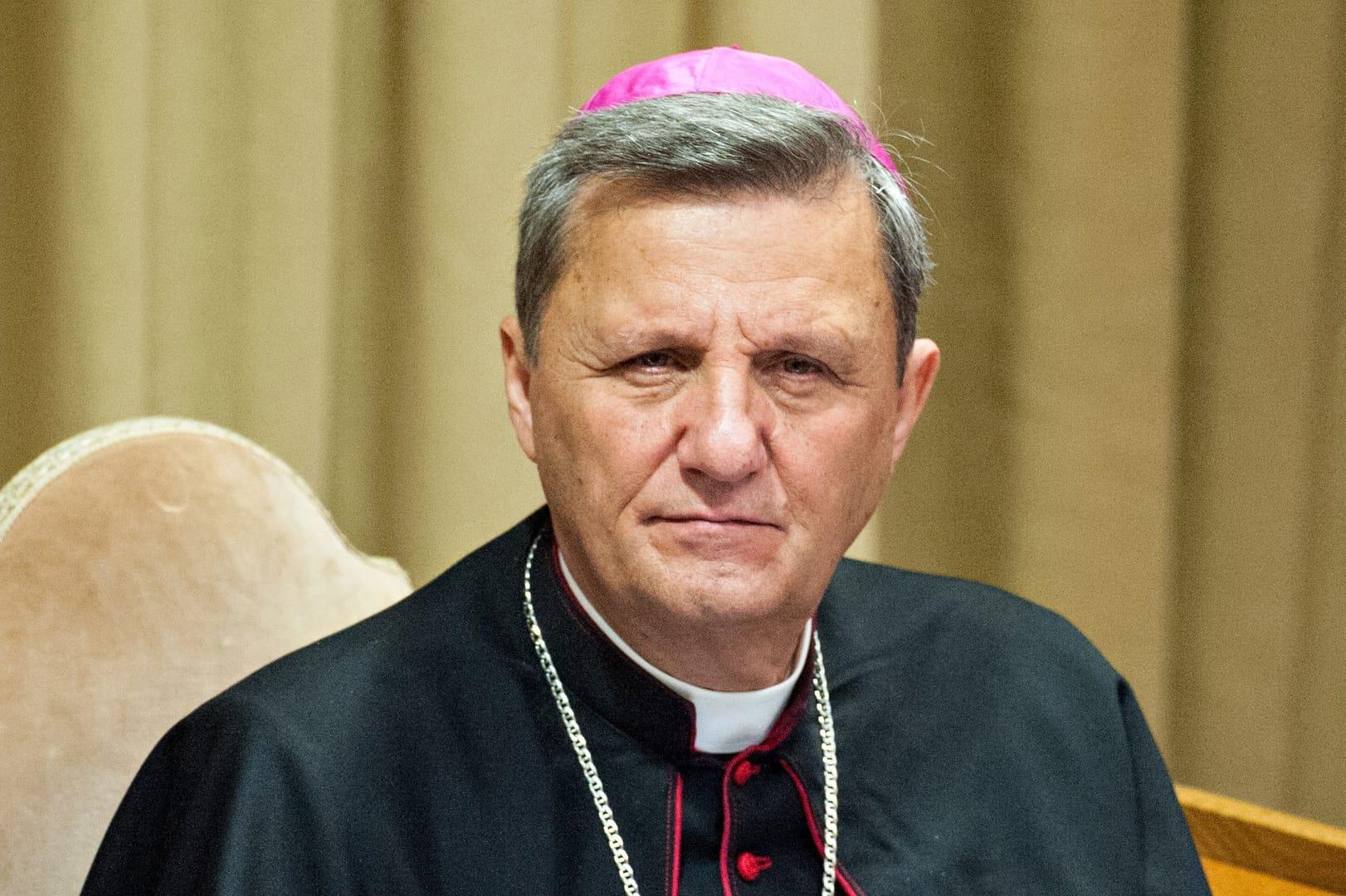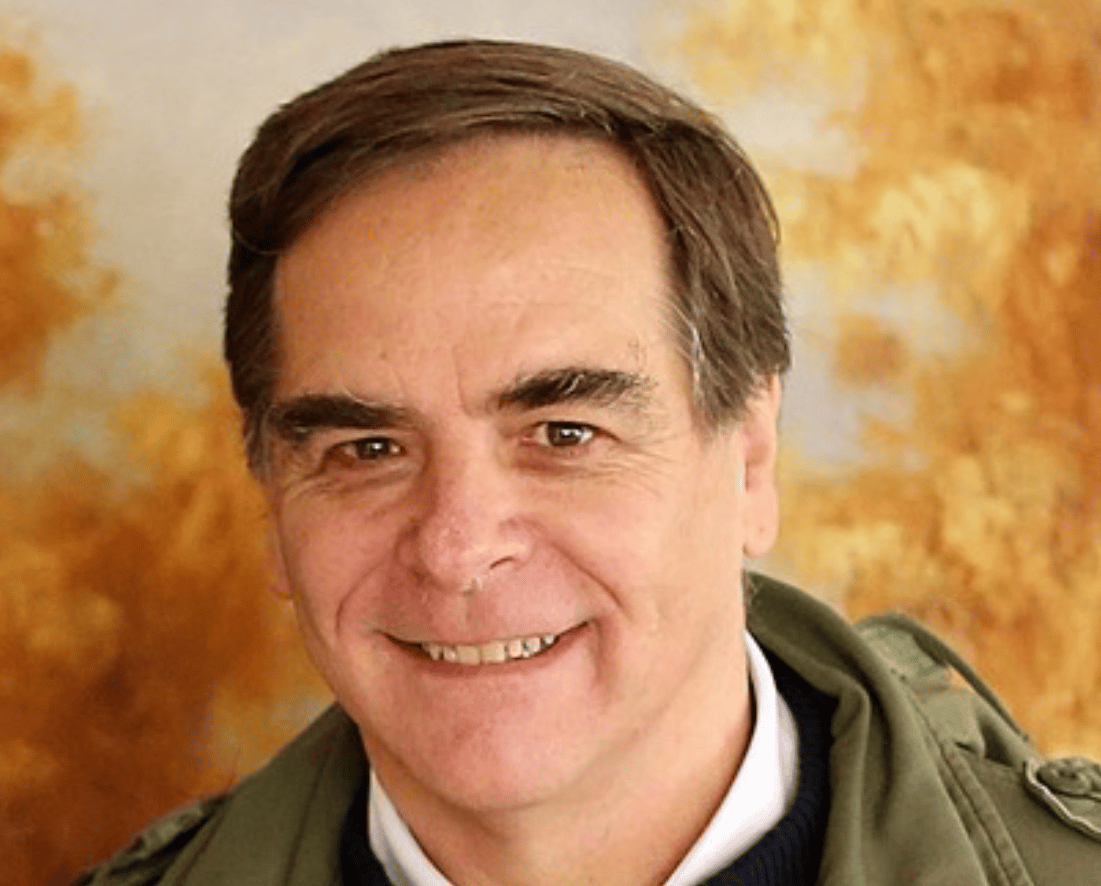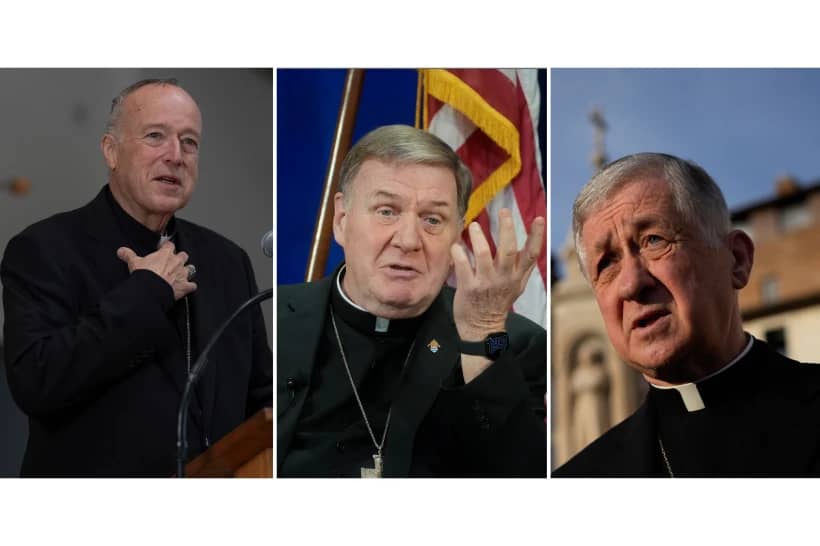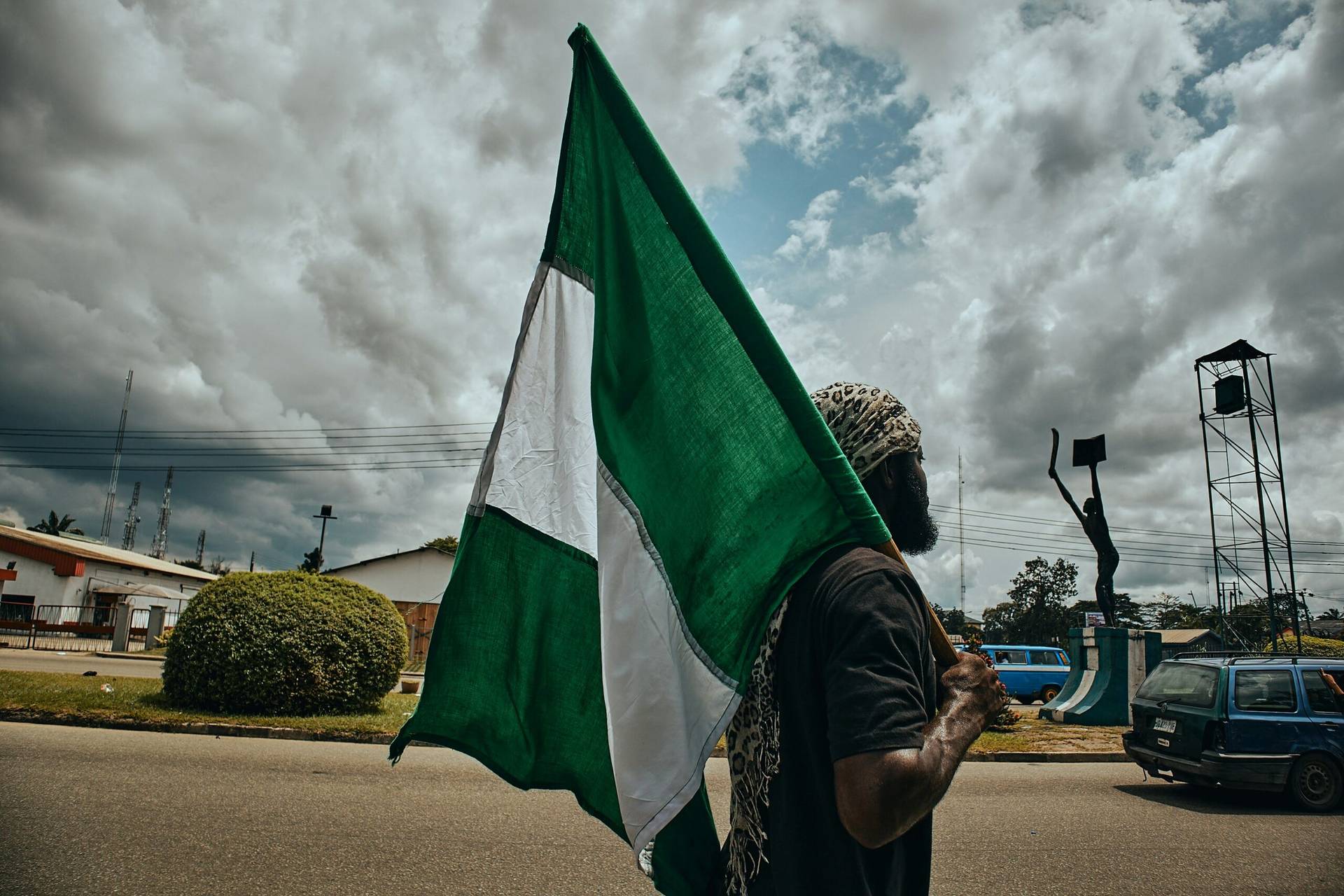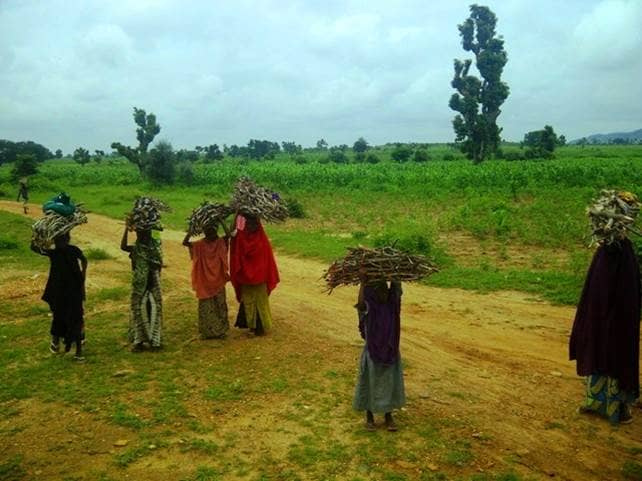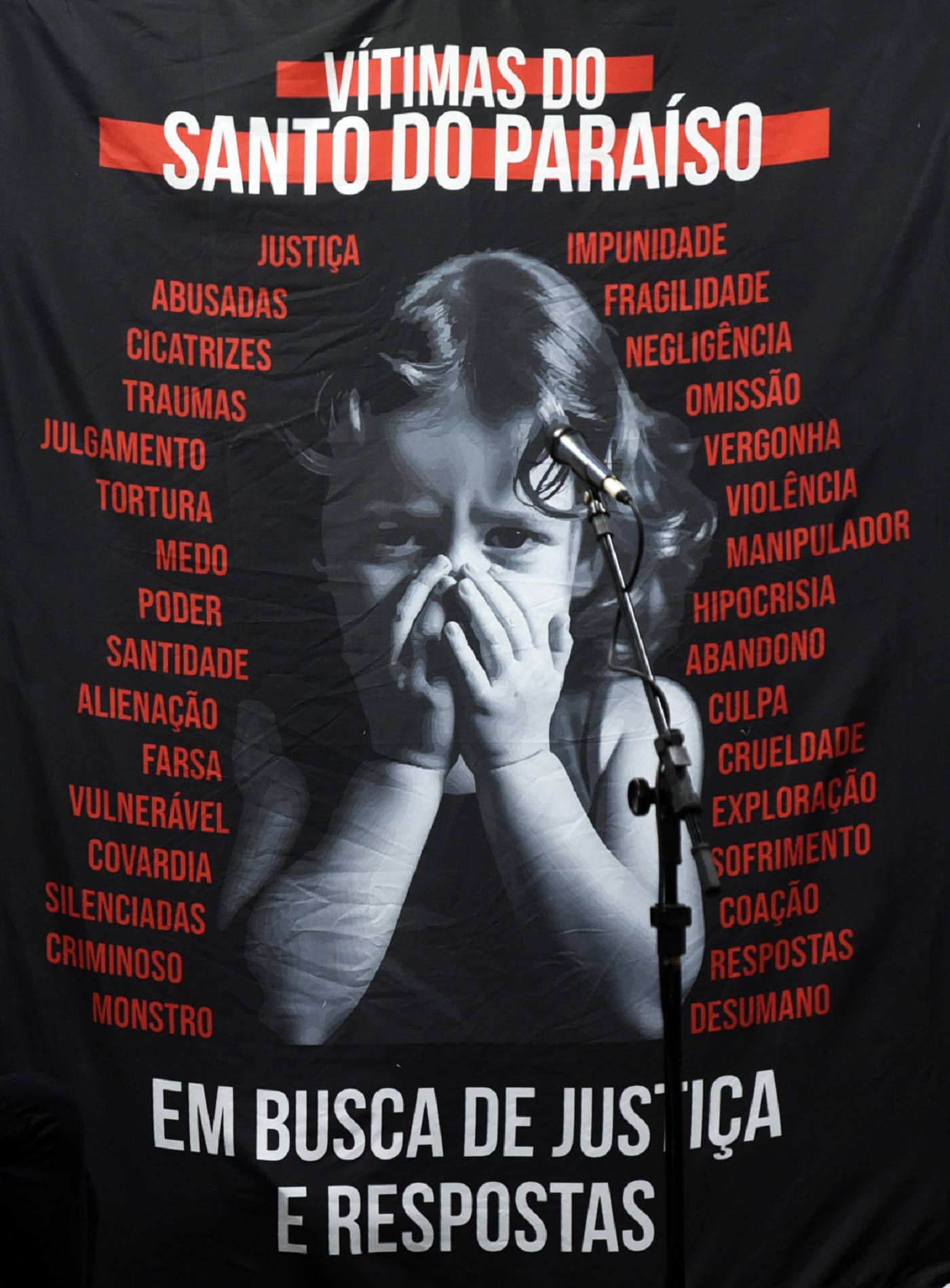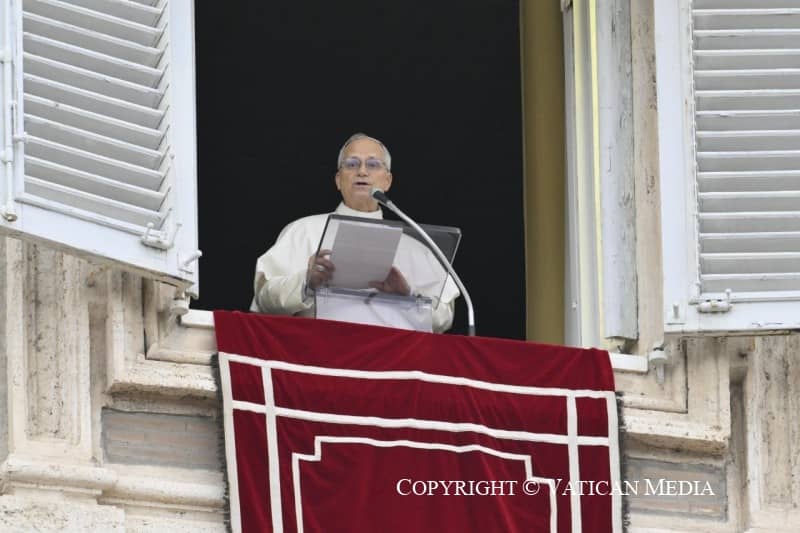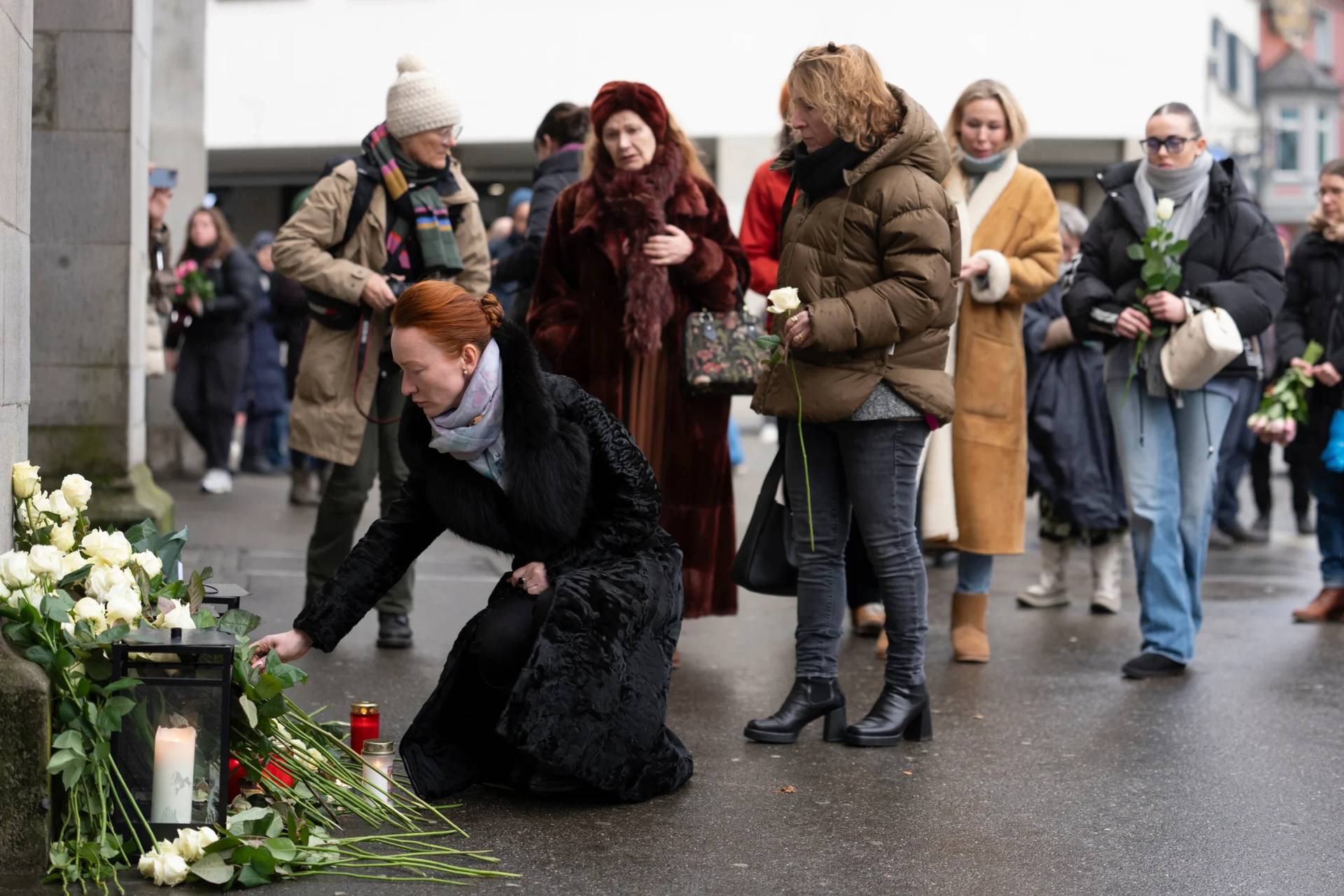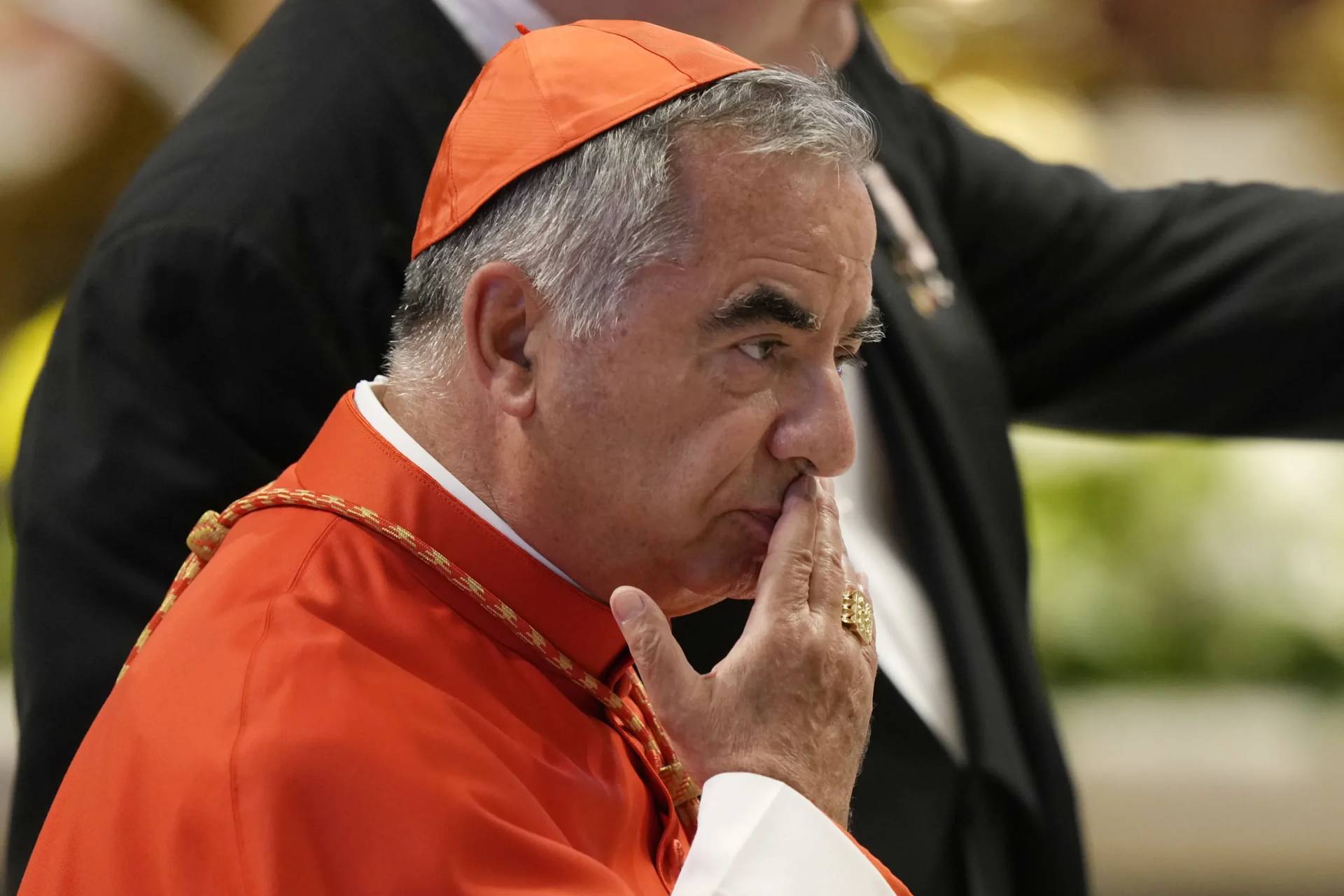ROME — When he was bishop of the Diocese of Gozo, Malta, Cardinal-designate Mario Grech “was a shepherd with a listening ear” and “a powerful and prophetic word” on behalf of the poor and disadvantaged, said an editorial in the Times of Malta.
The October 2019 editorial was written when the cardinal-designate was, as the paper said, “rocketed from the tiny Diocese of Gozo to a heavyweight post at the Vatican,” having been appointed pro-secretary-general of the Synod of Bishops.
A year later, the 63-year-old was a month into his assignment as the full secretary-general, and Pope Francis announced Oct. 25 that he would be made a cardinal in late November.
Reacting to the announcement in an interview with Vatican News, the newly designated cardinal said, “I come from a very, very small parish in a diocese that’s just as small, so in a way I do not understand why, from the periphery of the church, the pope called me. But on the other hand, I can see that small things count in God’s eyes, in the eyes of the Holy Father and in the eyes of the church.”
Just weeks before his nomination as a cardinal, he gave an interview to Civilta Cattolica, the Jesuit journal, where he said the COVID-19 pandemic and its church closures had revealed how far many families have moved from recognizing themselves as the “domestic church” and the cradle of prayer.
“I find it curious that many people have complained about not being able to receive Communion and celebrate funerals in church, but not as many have worried about how to reconcile with God and neighbor, how to listen to and celebrate the Word of God and how to live out a life of service,” he said in the interview, published in English Oct. 23.
The Eucharist “is the source and summit of church life,” he said, but it must be a sign of faith and nourishment for going out to live one’s faith in the world.
“The large community church is made up of small churches that gather in homes,” he said. “If the domestic church fails, the church cannot exist. If there is no domestic church, the church has no future! The domestic church is the key that opens horizons of hope!”
And naturally, Grech spoke about the Synod of Bishops and Pope Francis’s vision for a process of “synodality” involving all Catholics, at every level, making a contribution.
“An essential characteristic of the synodal process in the church is fraternal dialogue,” he said. “This culture of fraternal dialogue can help all assemblies — political, economic, scientific — to become places of encounter and not of confrontation.”
Born Feb. 20, 1957, in Qala, a village on the island of Gozo, he prepared for the priesthood at the Gozo seminary was ordained in 1984. Sent to Rome, he earned a license from the Pontifical Lateran University and a doctorate in canon law from the Pontifical University of St. Thomas Aquinas.
Returning to Malta, he served at the Gozo cathedral and at the Ta-Pinu national Marian shrine before becoming pastor of the parish in Kercem. He also served as judicial vicar for the diocese, as a member of the metropolitan tribunal for Malta and taught canon law at the seminary.
In 2005, Pope Benedict XVI named him bishop of Gozo, a diocese that covers the entire 26 square miles of the island. The population is less than 33,000 and, according to Vatican statistics, about 95 percent of the residents are Catholic.
